Home>Renovation & DIY>Home Renovation Guides>What Home Improvements Reduce Capital Gains Tax?


Home Renovation Guides
What Home Improvements Reduce Capital Gains Tax?
Modified: January 4, 2024
Discover how home renovations can help you reduce capital gains tax with our comprehensive home renovation guides. Explore expert tips and strategies for minimizing tax liabilities.
(Many of the links in this article redirect to a specific reviewed product. Your purchase of these products through affiliate links helps to generate commission for Storables.com, at no extra cost. Learn more)
**
Introduction
**
Are you considering selling your home and worried about the capital gains tax implications? Home improvements can be a savvy strategy for reducing your capital gains tax burden. By investing in certain upgrades, you can potentially increase your home's basis and reduce the amount of capital gains subject to taxation. In this comprehensive guide, we will explore the concept of capital gains tax and delve into the specific home improvements that can help minimize this tax obligation. Whether you're planning to sell your home soon or are simply interested in understanding how home improvements can impact your tax liability, this article will provide valuable insights to help you make informed decisions. Let's embark on this enlightening journey to uncover the potential tax benefits of home renovations.
**
Key Takeaways:
- Invest in energy-efficient upgrades, structural enhancements, and upgraded kitchens and bathrooms to reduce capital gains tax when selling your home.
- Keep detailed records of home improvements to maximize tax benefits and consult with tax professionals for a strategic approach.
Understanding Capital Gains Tax
**
Before delving into the specific home improvements that can mitigate capital gains tax, it’s crucial to grasp the fundamentals of this tax and how it applies to the sale of a home. Capital gains tax is a levy imposed on the profit realized from the sale of an asset, such as real estate, stocks, or bonds. In the context of homeownership, it pertains to the gain made from selling a primary residence or investment property.
When you sell your home for a price higher than what you paid for it, the profit is considered a capital gain. The amount of capital gains tax owed is determined by the difference between the property’s sale price and its basis, which is essentially the purchase price plus certain qualifying expenses and improvements. Understanding the concept of basis is crucial, as it forms the foundation for comprehending how home improvements can affect capital gains tax.
For homeowners, the Taxpayer Relief Act of 1997 introduced significant changes to the capital gains tax rules, providing substantial benefits to sellers. Under current tax laws, a single homeowner can exclude up to $250,000 in capital gains from the sale of their primary residence, while married couples filing jointly can exclude up to $500,000. To qualify for this exclusion, homeowners must have owned and used the property as their primary residence for at least two of the five years preceding the sale.
Now, let’s explore the pivotal role that home improvements play in reducing capital gains tax. By enhancing the basis of your home through qualified improvements, you can potentially lower the taxable gain, thereby minimizing your capital gains tax liability. This leads us to the next section, where we will uncover the specific home improvements that have the potential to yield substantial tax benefits.
**
Consider making energy-efficient upgrades such as solar panels or insulation, as these improvements can reduce capital gains tax when selling your home. Always consult with a tax professional for specific advice.
Home Improvements That Reduce Capital Gains Tax
**
When it comes to curbing your capital gains tax liability, strategic home improvements can be a game-changer. By making targeted enhancements to your property, you can elevate its basis, thereby reducing the taxable gain upon sale. It’s important to note that not all home improvements qualify for increasing the basis, so it’s essential to discern which upgrades offer the most significant tax benefits. Here are several home improvements that have the potential to reduce your capital gains tax:
- Energy-Efficient Upgrades: Investing in energy-efficient improvements, such as solar panels, energy-efficient windows, doors, and insulation, can not only lower your utility bills but also increase your home’s basis. The Residential Energy Efficient Property Credit allows homeowners to claim a tax credit for a percentage of the cost of qualified energy-efficient upgrades, further reducing the capital gains tax burden upon selling the property.
- Structural Enhancements: Renovations that enhance the structural integrity of your home, such as a new roof, foundation repairs, or the addition of a room, can contribute to a higher basis. These improvements add value to the property and can be instrumental in minimizing your capital gains tax liability.
- Upgraded Kitchen and Bathrooms: Remodeling your kitchen and bathrooms not only enhances the aesthetic appeal of your home but can also bolster its basis. Upgraded fixtures, countertops, and appliances can increase the overall value of the property, potentially reducing the taxable gain upon sale.
- Accessibility Modifications: Making your home more accessible for individuals with disabilities, such as installing ramps, wider doorways, and accessible bathrooms, can qualify as capital improvements. These modifications not only improve the functionality of the home but can also contribute to a higher basis, thereby reducing the capital gains tax obligation.
- Landscape Improvements: Enhancing your property’s landscaping with features such as a deck, patio, or outdoor kitchen can elevate its curb appeal and basis. Well-executed landscape improvements can significantly enhance the overall value of the home, potentially mitigating the taxable gain upon sale.
It’s important to keep detailed records and receipts of all home improvements, as this documentation will be crucial when determining the adjusted basis of your property for capital gains tax purposes. By strategically investing in these qualifying home improvements, you can not only enhance your living space but also reap substantial tax benefits when it comes time to sell your home.
**
Conclusion
**
As you contemplate the prospect of selling your home, understanding the impact of capital gains tax and the potential tax benefits of home improvements is paramount. By elevating the basis of your property through strategic upgrades, you can mitigate the taxable gain upon sale and potentially reduce your capital gains tax liability. From energy-efficient enhancements to structural renovations and aesthetic upgrades, the array of qualifying home improvements offers a pathway to not only enhance your living space but also optimize your tax position.
It’s essential to consult with tax professionals or qualified advisors to gain a comprehensive understanding of the specific tax implications and eligibility criteria for various home improvements. Additionally, staying informed about current tax laws and regulations pertaining to capital gains tax and home improvements is crucial for making informed decisions that align with your financial objectives.
Ultimately, leveraging the potential tax benefits of home improvements to reduce capital gains tax requires a strategic and diligent approach. By documenting all qualifying improvements and understanding their impact on the basis of your property, you can position yourself for a more favorable tax outcome when selling your home. As you embark on home renovation projects, consider the long-term tax advantages that certain upgrades can offer, further enhancing the value of your investment.
Armed with this knowledge, you can confidently navigate the intersection of home improvements and capital gains tax, making informed decisions that not only enhance your home’s appeal and functionality but also contribute to a more tax-efficient financial strategy. Whether you’re embarking on a renovation journey or preparing to sell your home, the potential tax benefits of strategic home improvements can be a valuable asset in your financial toolbox.
Frequently Asked Questions about What Home Improvements Reduce Capital Gains Tax?
Was this page helpful?
At Storables.com, we guarantee accurate and reliable information. Our content, validated by Expert Board Contributors, is crafted following stringent Editorial Policies. We're committed to providing you with well-researched, expert-backed insights for all your informational needs.
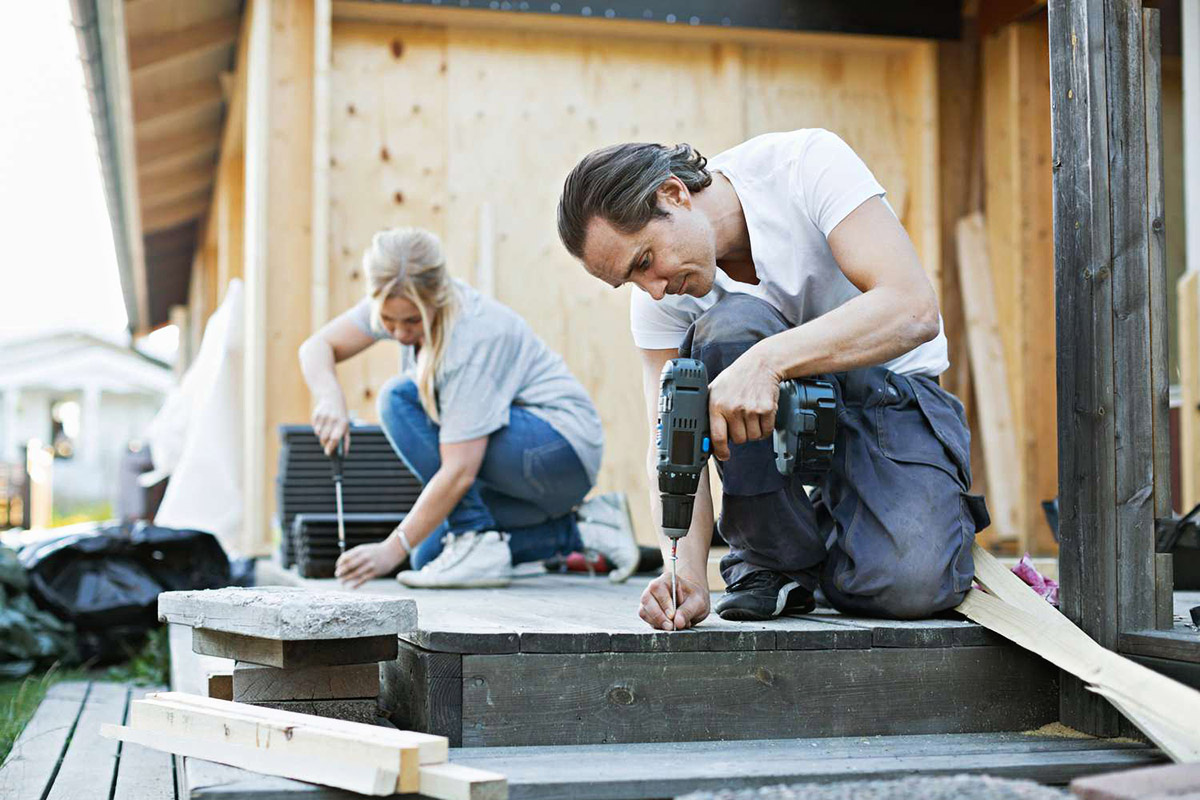


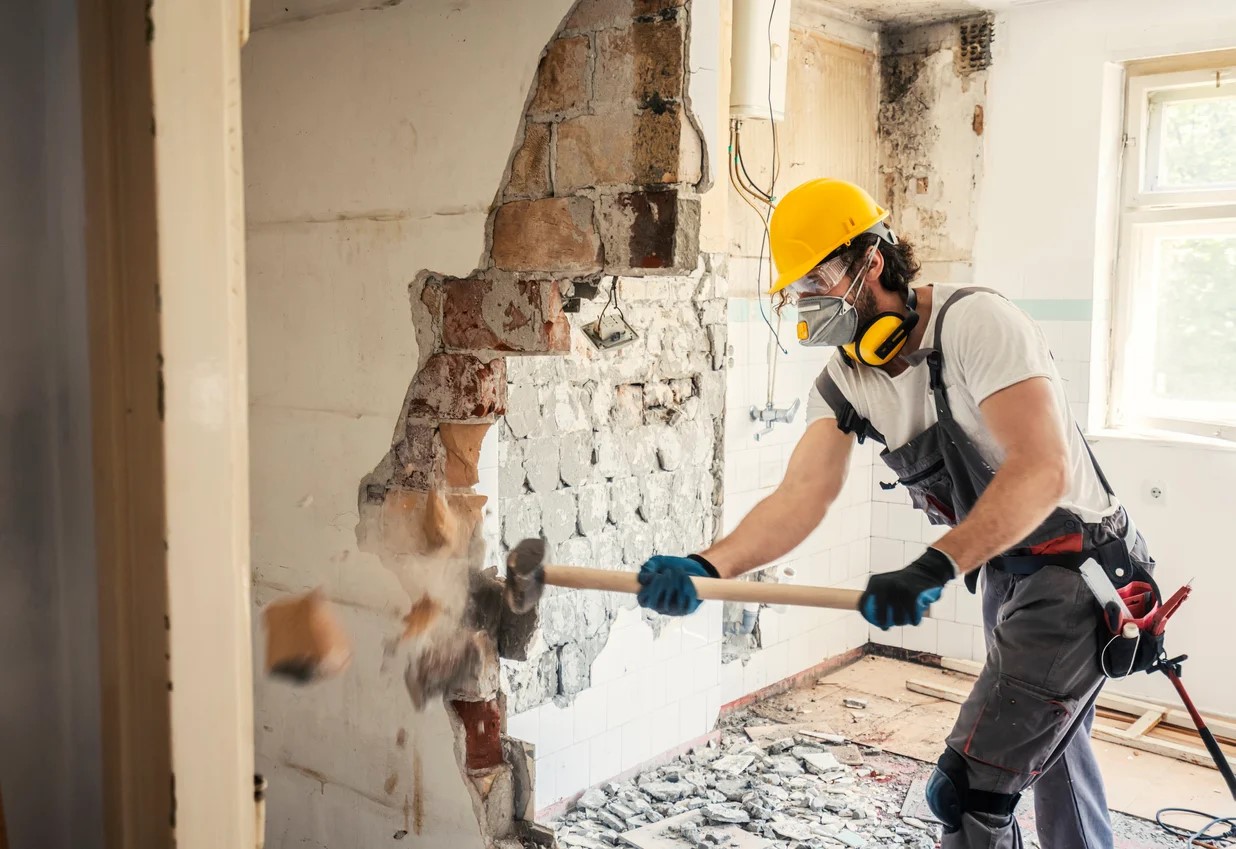
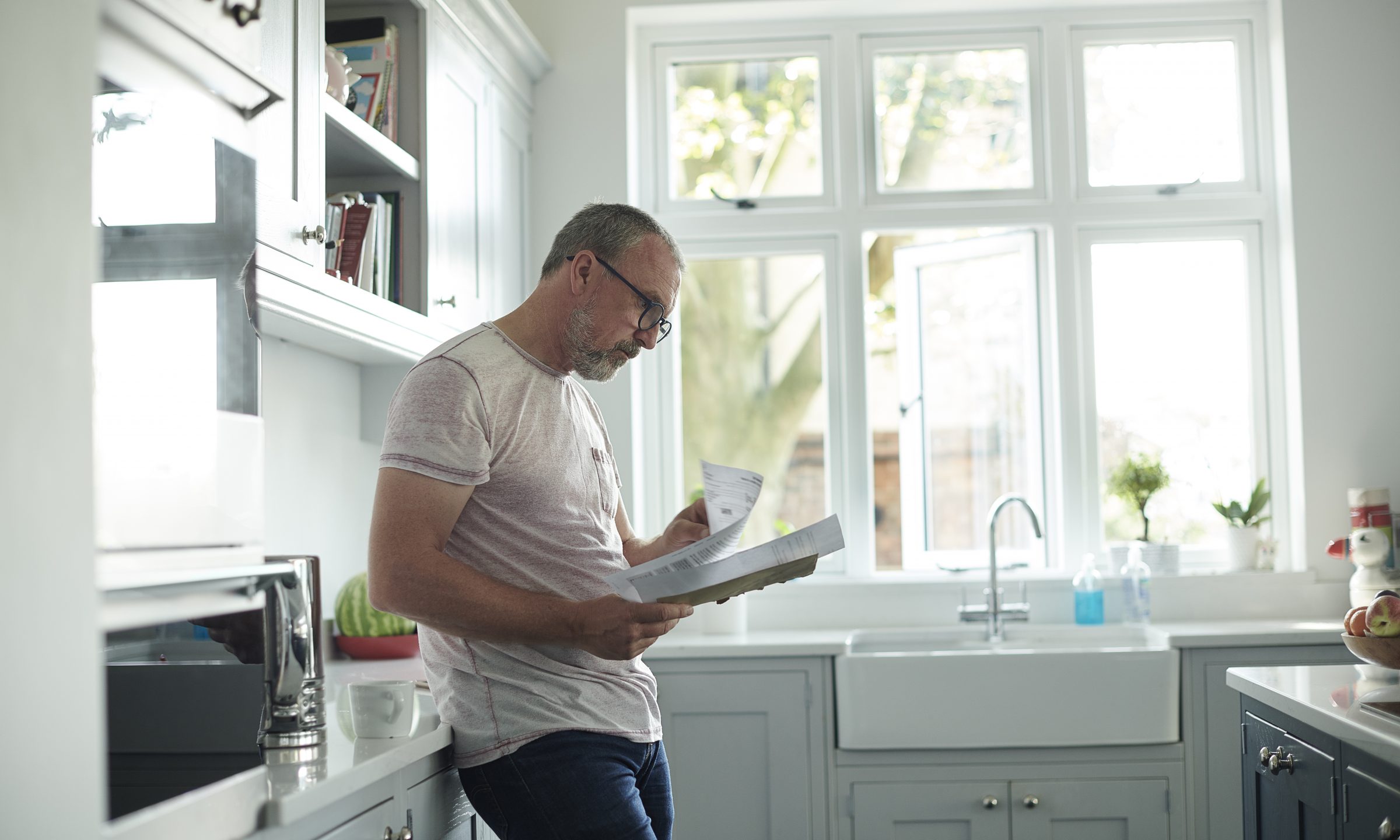
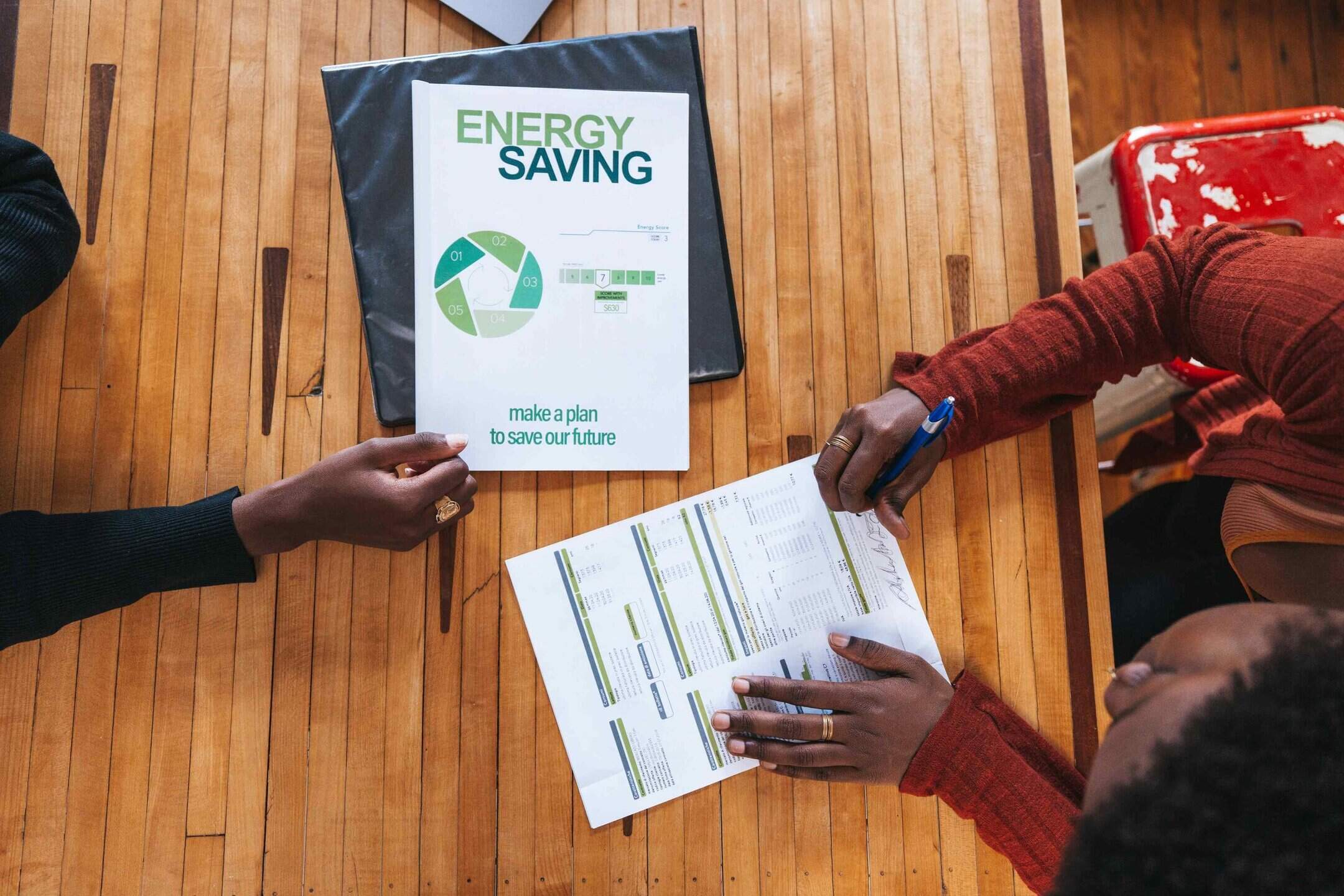
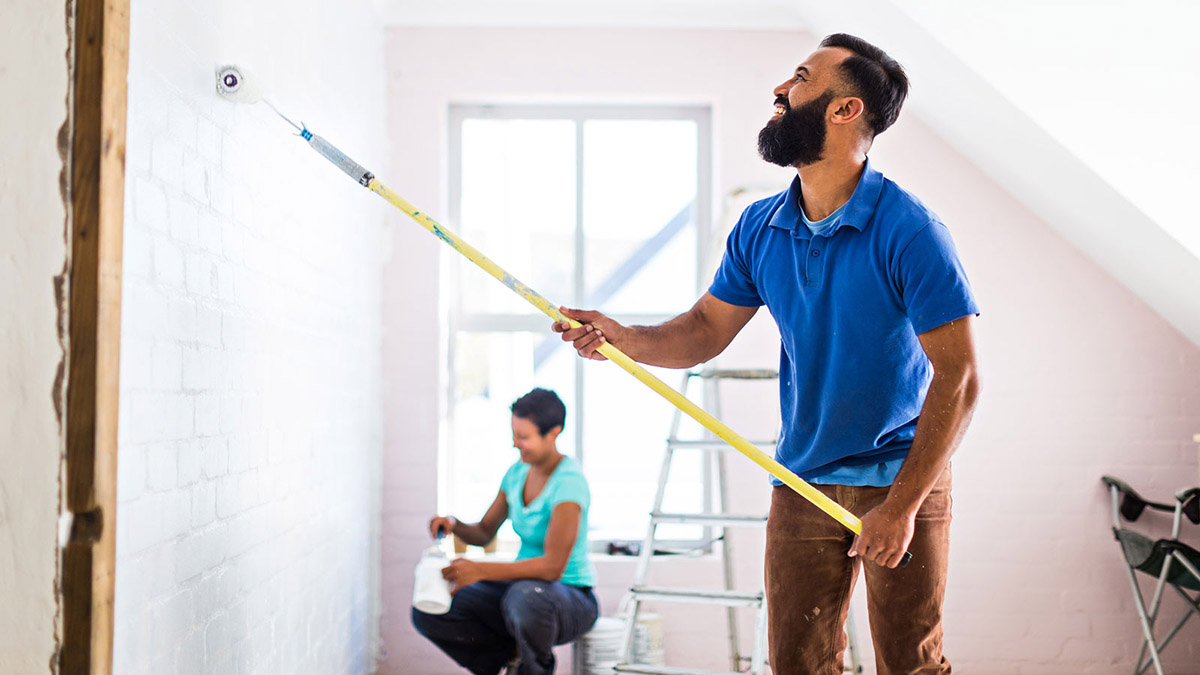





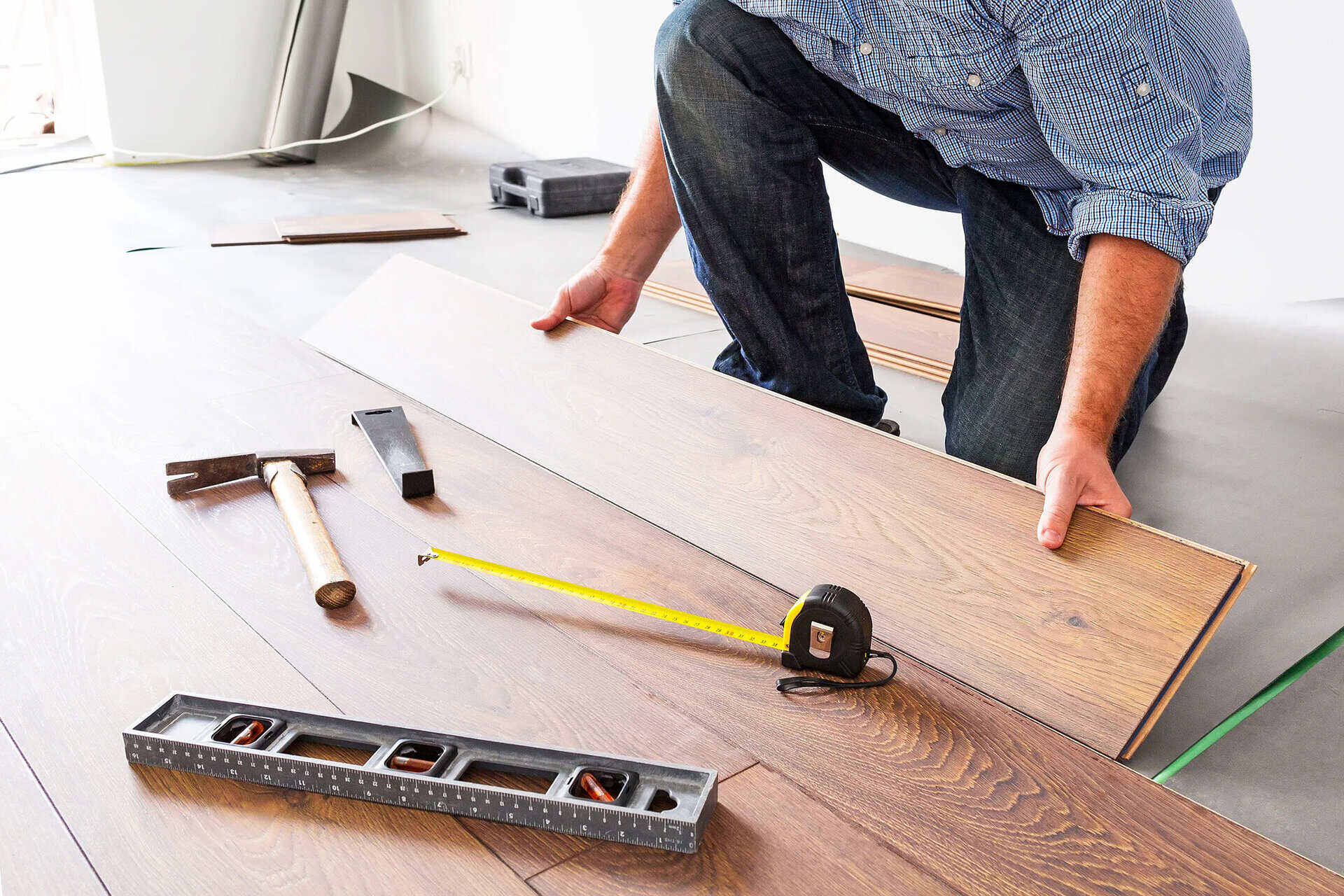



0 thoughts on “What Home Improvements Reduce Capital Gains Tax?”